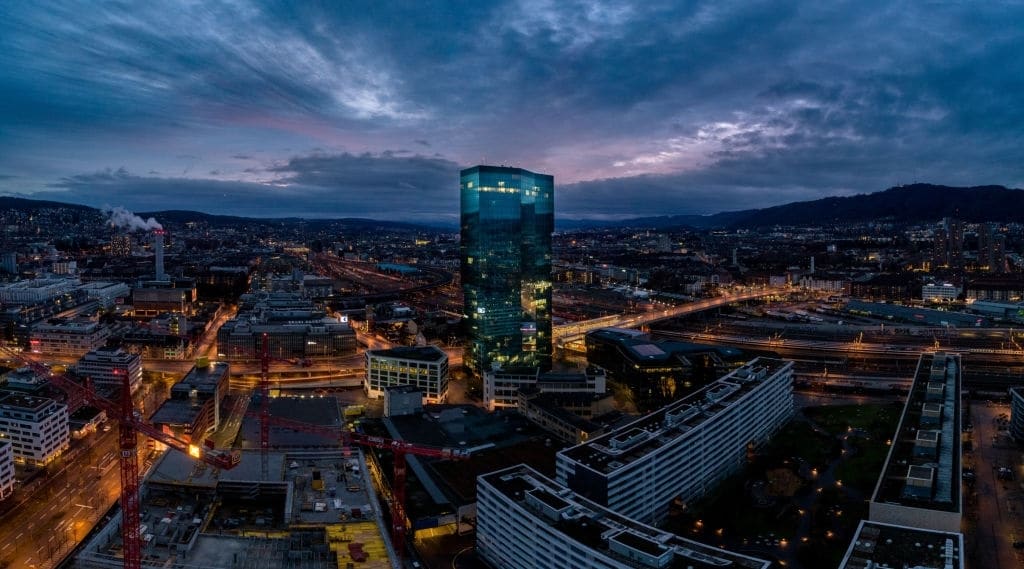Switzerland a ‘no-go’ for online gambling sites
Last Updated on by James King
In what was always going to be an ambitious bid, a number of foreign online gambling brands have lost their bid to enter the Swiss market, after the court blocked their attempts to secure entry.
Since 2019, foreign online gambling firms have been limited in terms of how they can operate in the country and this latest ruling from the Federal Administrative Court has revealed that four companies in Malta have been denied entry.
Interwetten International Ltd, Videoslots Ltd, bet-at-home Entertainment Ltd, and Lopoca Gaming Ltd were seeking to gain approval in the country and it remains to be seen whether they will appeal the decision.
In light of the decision, a court revealed: “It goes without saying that the restriction of access to online gaming services that are not licensed in Switzerland is in the public interest and can be enforced with strict measures.”
Swiss crackdown on foreign gambling sites
Following the initial ban of some gambling sites from other countries in Switzerland, it was announced in June that the central European country had blacklisted further online casinos from operating in Switzerland, with the number reaching 250 sites since 2019.
It was found that Getslots.com, Loki.com, Nightrush.com, Slotty-Vegas.com, Stake.com, Tempobet.com and Zodicabet.com were all operating illegally in the country and measures had been taken to block their domains from residents.
Sportsbet.io, Betnow.eu, Kto.com, Mybookie.ag, Tigergaming.com and Topbet.eu were others that were understood to be offering illegal gambling services to resident in the June announcement and, as a result, this has led to a significant tightening of regulation.
More countries clamping down
In Europe at least, the blocking of online gambling sites is nothing new. Recently, the Netherlands blocked every foreign company from operating there, without a license, after the market became regulated.
It meant that any foreign operator had to apply for approval to offer their services to residents and it has become one of the hardest countries to get a license approved, with a lengthy due diligence process involved.

